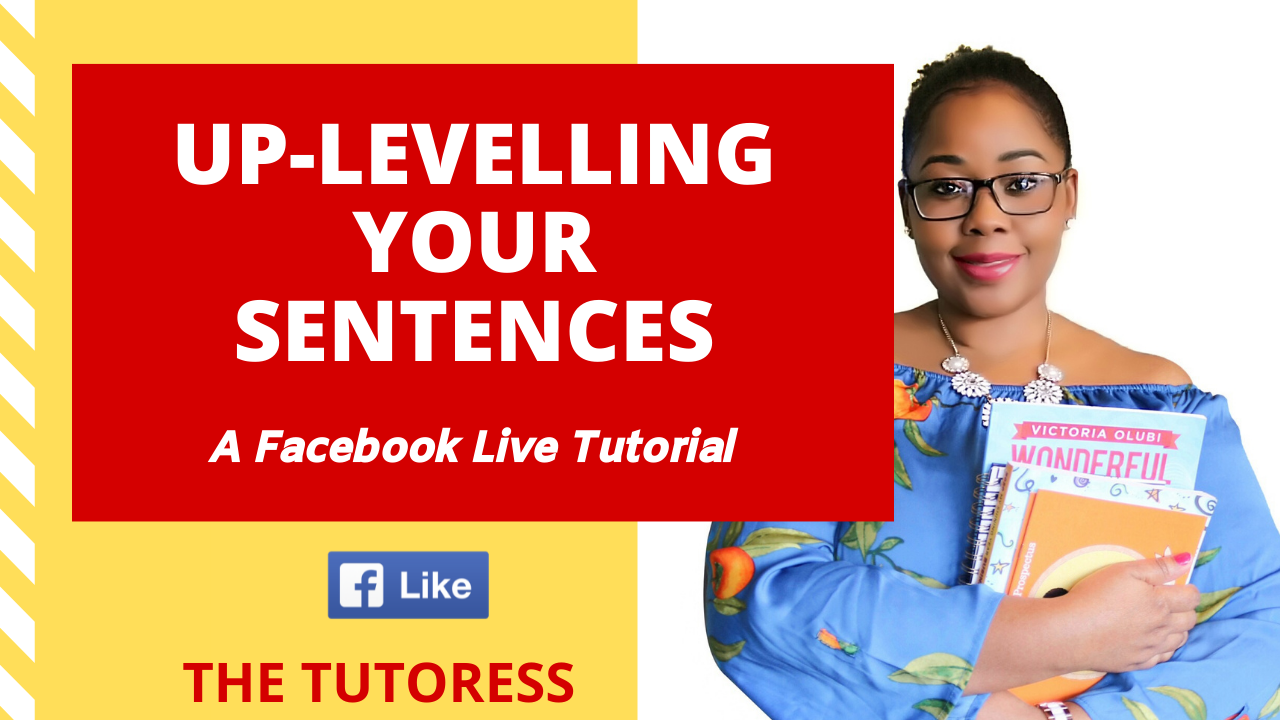We’re excited to announce the release of our new 11+ vocabulary packs which have specifically been designed for children who want to significantly improve their vocabulary in preparation for their school entrance exams.
Each pack contains a series of key words that are commonly found in 11+ Verbal Reasoning and English papers. They’re also useful regardless of whether your child is preparing for the ISEB, CSSE, GL Assessment, CEM or The Northern Ireland Transfer Test.
Why Is Vocabulary Important For The 11+?
If your child is preparing for any school entrance exam at a selective school, they will most likely be required to sit a Verbal Reasoning and/or English test.
Both of these subjects assess a child’s ability to recognise and understand the meanings of a variety of challenging vocabulary words and these are usually not the sorts of words that are taught in school or covered within the Key Stage 2 National Curriculum.
Furthermore, there are endless advantages to helping your child improve their vocabulary as research shows that children who have stronger vocab knowledge significantly outperform their peers in school.
How can I Improve My Child’s 11+ Vocabulary?
There are so many things you can do to improve your child’s vocabulary in preparation for the exam.
Here are some of our favourite tips, tricks and activities for helping your child to quickly pick up the meanings of new words, as well as their awareness and knowledge of synonyms and antonyms.
Encourage your child to be an engaged reader. However, when it comes to reading, it’s not just about getting them to sift through dozens and dozens of books, it’s about encouraging your child to be an engaged and active reader. What does that mean? Encourage them to not just read the books but actually understand what they’re reading, learn about the characters and understand the subtle messages within the story or poem. This is incredibly important for building their comprehension skills.
Become best friends with pen, notebook and highlighter. 😊 This might sound like a silly tip but it’s actually incredibly important for vocabulary building. Whenever your child reads, they should always have a notebook with them and ideally, the notebook should be specifically for writing down the definition, synonyms and antonyms of key vocabulary words as well as words that they do not know the meaning of.
Once they find the word in the book/text, they should write it down in their notebook and also write down its meaning.
Furthermore, they should underline or highlight the word in the story or text so that they can refer back to it in future (if needed).
Read The Cadwaladr Quests. We’re always harping on about this incredible series of books but it’s for a reason. We love The Cadwaladr Quests by SL Ager because it’s simply amazing and was written by an 11+ mum who was preparing her child for the exam.
Each book contains a built in dictionary which makes it incredibly easy for your child to learn the meanings of new words whilst also becoming engaged in a gripping story.
To spruce things up, read the books with your child and also go through the workbooks with them.
Make it fun. Our founder has held several talks where she’s discussed a range of vocabulary-building ideas such as flashcards, Scrabble, Crosswords and Word Searches. You can check out these talks by joining the 11+, SATS, ISEB, GCSE and A-Level group on Facebook.
Communicate. Children pick up vocabulary from the world around them and one of the best ways to improve their vocabulary is to expand the types of words they hear on a daily basis. You can do this quite easy by encouraging them to listen to new words rather than just read them. Some of the best ways to expand their vocabulary are by:
Encouraging them to listen to audiobooks. There are dozens available on Youtube and hundreds of age-appropriate ones on Audible.
Encourage them to watch the news. Journalists and presenters often use high-level vocabulary words when speaking so it’s great for your child to learn new words by hearing them in the context they’ve been used.
Encourage your child to listen to radio broadcasts and political debates. This is incredibly important, especially for children who are preparing for 11+, 12+ and 13+ interviews.
Get Tooled Up. The wonderful Dr Kathryn Weston of Tooled Up Education shares some of the best tips on preparing your child for the 11+ and 12+ exams on her website and in her live talks at some of the country’s top schools.
We highly recommend checking out her website and subscribing to her newsletter for excellent tips not just on helping your child with the 11+ but also on developing their emotional wellbeing and confidence.
Vocabulary FAQs
Do I Have To Pay To Download The 11+ Vocabulary PACK?
No, it’s absolutely free and there is no charge for them.
Is The Pack Printable?
Absolutely. Simply download the pack by clicking the link on this page and print them. It’s straightforward and incredibly simple to do. We’ve created them in pdf form to make things really easy for you.
To save ink, you can print them in black and white but if your child is a visual learner then we’d recommend printing them in colour.







